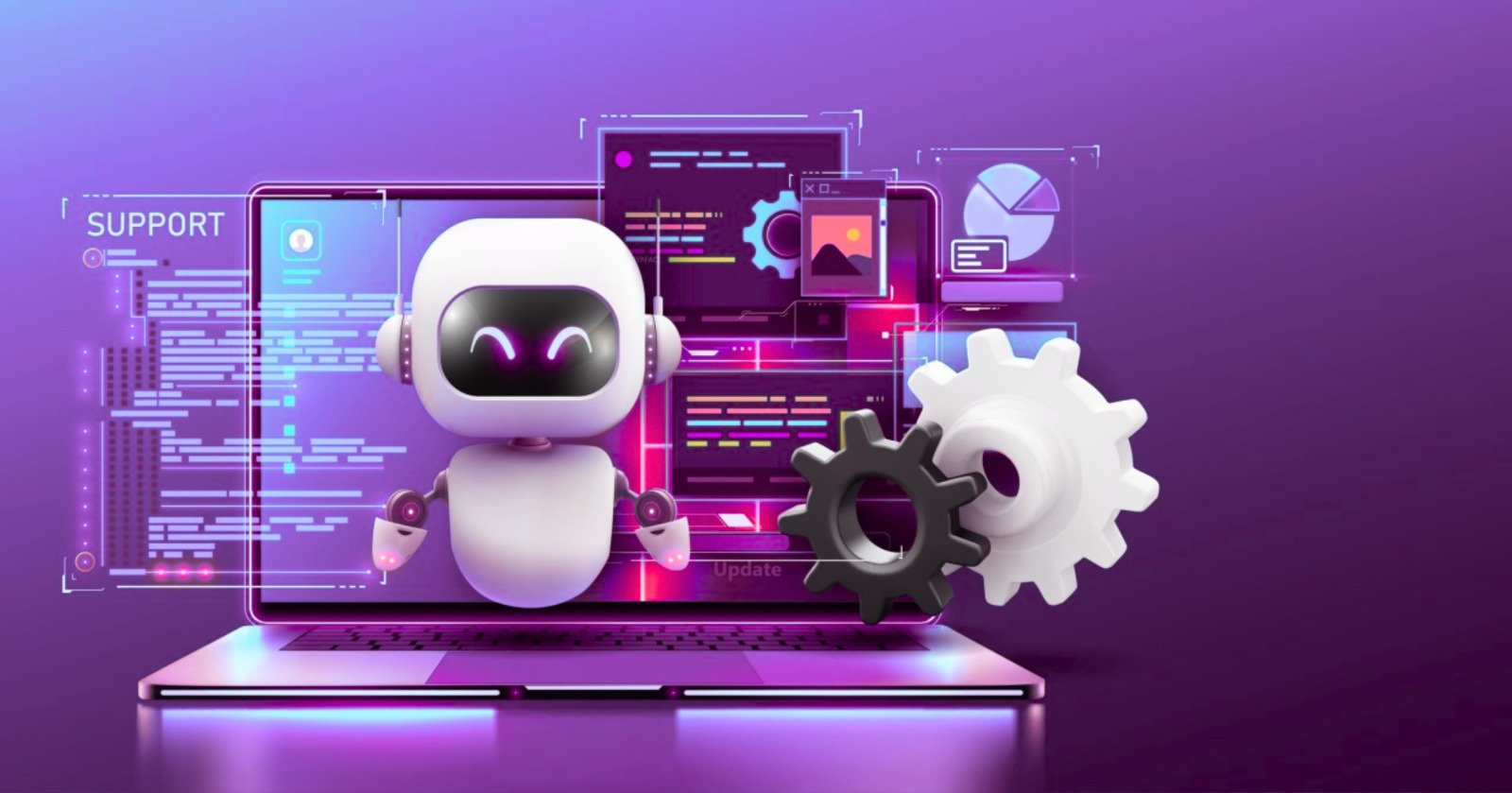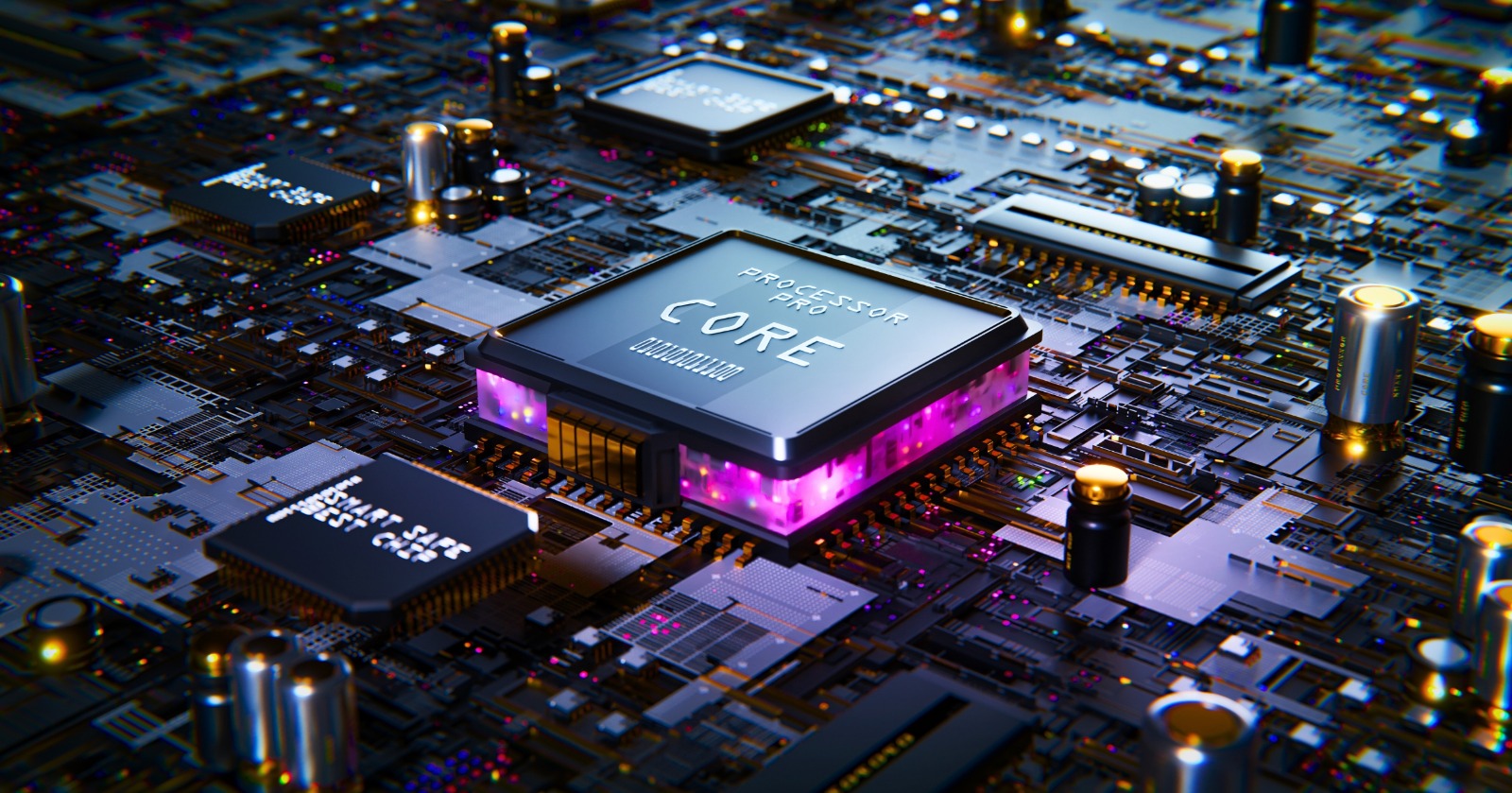What if we could solve complex problems in seconds; problems that would take today’s computers millions of years? That’s the promise of quantum computing. No longer just a theoretical idea, quantum computing is already transforming how we think about data, cryptography, artificial intelligence (AI), and even drug discovery.
In this blog, we’ll break down what quantum computing is, how it works, its key principles, and why it’s becoming essential for industries worldwide.
What Is Quantum Computing?
Quantum computing is a revolutionary approach to computation that leverages the principles of quantum mechanics. Unlike classical computers that store information in binary bits (0 or 1), quantum computers use quantum bits or qubits that can exist in multiple states at once.
This phenomenon allows quantum computers to process complex datasets in parallel, dramatically accelerating tasks like simulations, optimizations, and cryptographic computations.
Quantum Computing vs. Classical Computing
At the heart of the difference is data representation:
- Classical computers use binary bits: either 0 or 1.
- Quantum computers use qubits that can be in a superposition of both 0 and 1 simultaneously.
Thanks to this property, quantum systems can perform calculations that are computationally infeasible for classical machines. For instance, a quantum computer could crack complex encryption algorithms in seconds, something that might take classical computers thousands or even millions of years.
Core Principles of Quantum Computing
To understand how quantum computing works, it’s essential to grasp its foundational concepts:
- Superposition: Processing Multiple States at Once
Just as a coin can land on heads or tails, classical bits exist in a single state. Qubits, however, can be in both states simultaneously until measured. This enables massive parallelism in computations. - Entanglement: The Instantaneous Connection
When qubits are entangled, the state of one instantly influences the state of another, regardless of distance. This interconnection is fundamental to the power of quantum systems. - Quantum Interference: Guiding Toward the Right Answer
Quantum computers use interference to reinforce correct outcomes and cancel out wrong ones. This helps in narrowing down solutions faster and more accurately.
Why Quantum Computing Matters
Quantum computing is more than just a scientific curiosity, it has the potential to reshape entire industries:
- Cybersecurity & Cryptography: Quantum algorithms could break today’s standard encryption, prompting a shift toward quantum-resistant cryptography.
- Drug Discovery & Healthcare: Simulating molecular interactions with high precision to accelerate the creation of new drugs and treatments.
- Artificial Intelligence: Speeding up machine learning models and enabling real-time data analysis at unprecedented scales.
- Logistics & Optimization: Solving complex optimization challenges in supply chains, transportation, and manufacturing.
Real-World Applications and Future Opportunities
As quantum hardware and software improve, opportunities in this space are growing rapidly:
- Businesses are exploring quantum-powered cloud services for specialized tasks.
- Startups and enterprises are experimenting with hybrid quantum-classical algorithms.
- Developers and engineers can now explore platforms like IBM Qiskit, Microsoft’s Quantum Development Kit, and Google’s Cirq to write and simulate quantum programs.
Conclusion: Embrace of the Quantum Era
Quantum computing is no longer a futuristic concept, it’s happening now. From revolutionizing encryption to powering the next wave of AI, the possibilities are limitless.
By understanding the fundamentals today, you’re not just learning about technology, you’re stepping into a future defined by exponential growth, innovation, and transformation.



